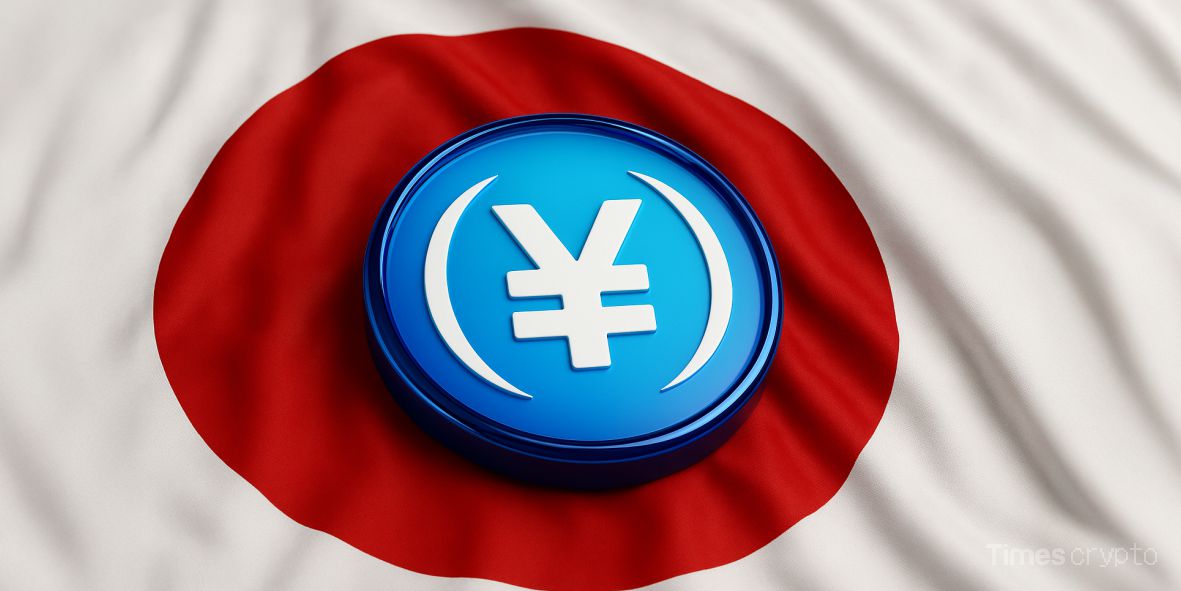Key Takeaways:
- SBI partners with Startale on 24/7 tokenized stock trading platform, targeting institutional-grade access to US and Japanese equities with programmable, cross-border settlement capabilities.
- Circle–SBI joint venture follows SBI’s $50 million investment, expanding USDC infrastructure and enabling stablecoin-based payments through SBI VC Trade, Japan’s only licensed provider under new rules.
- Japan prepares to approve its first yen-pegged stablecoin via JPYC, signaling a regulatory shift and reducing reliance on dollar-based tokens like USDC and Tether.
- SBI positions itself across both foreign and domestic stablecoin markets, aligning with the country’s emerging digital asset framework and reinforcing Japan’s regional leadership bid in crypto finance.
Japanese financial giant SBI Holdings has established two joint ventures aimed at expanding digital asset infrastructure, partnering with Singapore-based blockchain firm Startale Group on a 24-hour trading platform for tokenized stocks and real-world assets, and with Circle Internet Holdings, the issuer of USDC, to scale stablecoin use in Japan.
The platform developed with Startale will offer continuous trading of tokenized US and Japanese equities. It will support fractional ownership, near-instant cross-border settlement, and integration with decentralized finance protocols.
The venture is structured around two entities, separating technical development from business operations, with capital to be deployed in phases tied to development milestones.
Startale, known for co-developing Sony’s Layer-2 blockchain and the Astar Network, is positioning the platform as infrastructure for institutional-grade programmable trading. Its Founder, Sota Watanabe, said the system aims to eliminate market downtime and enable asset transfers with the same flexibility as digital tokens.
Separately, SBI said it has finalized a joint venture with Circle following a $50 million equity investment earlier this year. The initiative will focus on expanding USDC circulation and creating Web3 use cases tailored to the Japanese market, including stablecoin-based payment infrastructure and enterprise applications.
Circle, which trades on the New York Stock Exchange under the ticker CRCL, operates the largest regulated stablecoin network globally and issues USDC through licensed affiliates. Under the initiative, USDC will be made more accessible to Japanese users via SBI VC Trade, which currently holds the country’s sole registration to offer stablecoin trading under revised electronic payment rules.
Regulatory Push Aligns with SBI’s Digital Strategy
The twin ventures come just days after Japan’s Financial Services Agency signaled plans to approve the country’s first yen-backed stablecoin. The move marks a policy shift toward stablecoin integration and positions Japan to compete more directly with global issuers like USDC and Tether.
Once launched, the yen-pegged token will serve multiple functions, including cross-border payments, corporate settlements, and integration with decentralized finance platforms.
Until now, Japanese users have relied largely on dollar-backed stablecoins, such as USDC and Tether. The introduction of a local-currency stablecoin would reduce dependence on foreign tokens and create a new foundation for digital payments within Japan’s jurisdiction.
For SBI, the timing aligns with its broader push to embed stablecoins into regulated finance, placing USDC alongside the expected yen-backed stablecoin, and giving the firm a dual advantage in stablecoin access and distribution.
The move also supports Japan’s plan to become a credible player in the global stablecoin market, as other nations race to launch their own government-backed digital currencies.
Read More: China Advances Yuan-Backed Stablecoin Plan to Challenge Dollar Dominance







